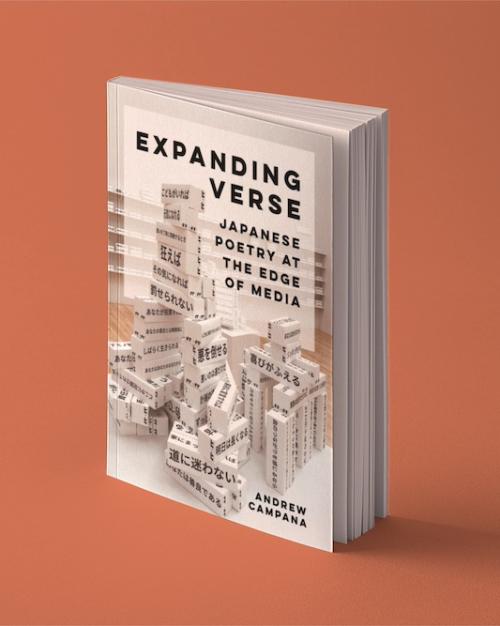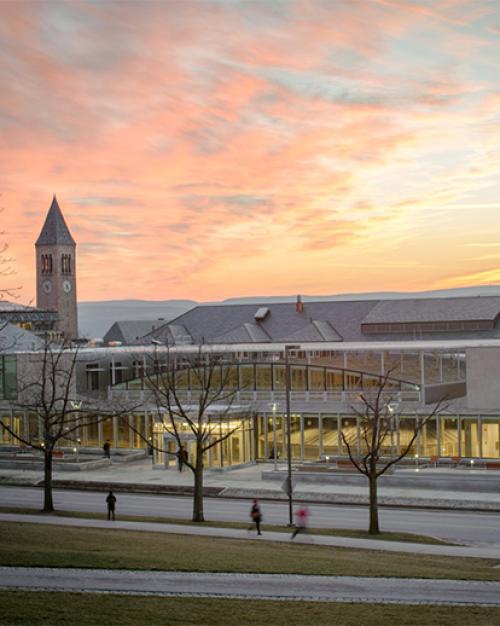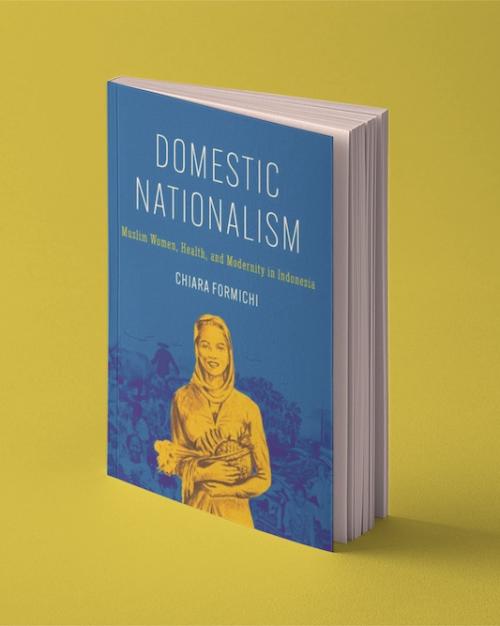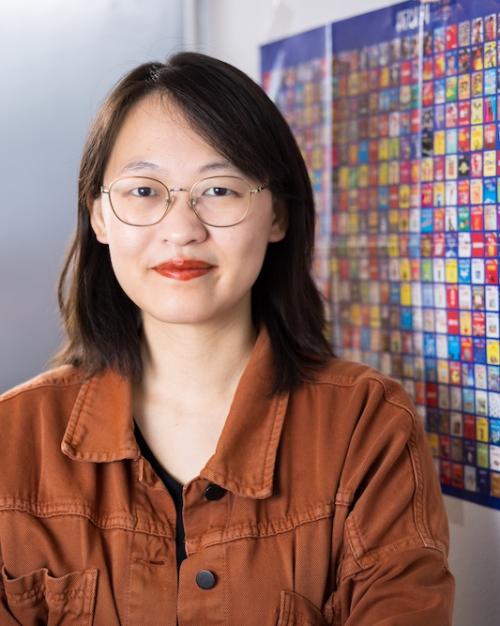Every time Shiqi Lin traveled back home to China on breaks from college in the U.S., she was sure to pack two things: her phone and a sound recorder.
Armed with these digital tools, she would walk through teeming neighborhoods bustling with new construction to archive disappearing landscapes and interview people whose lives had been upended by China’s massive drive toward urbanization.
“I remember speaking with a lady who was 80 years old. During our oral history interview she burst into tears, tracing back her long history, and I wondered, what does it mean for her that all the neighborhoods around her have been transformed into skyscrapers and shopping malls?” said Lin, a Klarman Postdoctoral Fellow in Asian studies in the College of Arts and Sciences. “By the end of the conversation she thanked me – that was the moment I saw a strong human bond through our interview and the mediation of my sound recorder.”
Lin, who experienced China’s rapid changes herself growing up, feels drawn to document these events, but she’s become fascinated with forms of documentation, as well as content. She wants to better understand how cultural producers – such as filmmakers, writers and videographers – have created strong human bonds through their digital devices, as she experienced in her interview with the 80-year-old woman.
During her Klarman fellowship, Lin is examining how cultural producers in China have taken up literature, film, audio cultures and digital media to tell human stories since 2008, a time when China’s growth coincided with global economic, social and political tension. Situated at the intersection of media and politics, her research explores how critical media culture can push open new spaces for social participation and how new forms of media can bring people together, particularly at times of crisis and radical change.
“I take the contemporary Chinese world as an especially controversial but critical site for problematizing this quest of media and politics,” said Lin, adding that her project also includes how Chinese diasporas navigate the changing world and how digital cultures cross national borders.
Arnika Fuhrmann, professor of Asian studies (A&S) and Lin’s faculty co-host, describes Lin as “an emerging theorist of the present.”
“Producing highly innovative theorization in the fields of documentation and media studies and pathbreaking research in Chinese studies, Lin combines rigorous analytical skills and robust scholarly training with strong commitments to global social change,” Fuhrmann said.
Lin is writing a book about the rise and shift of documentary media in post-2008 Chinese media landscapes due to digitization. With smart phones, social media and apps like WeChat available to everyone, documentation has opened up beyond traditional cinema and nonfiction writing to include all the tools we carry with us, she said. Videos, podcasts, digital-first writing and other forms make for media collections that “go against the grain.”
Exploring these forms of documentation takes Lin in interdisciplinary directions, including Asian studies, media studies, literature and social theories.
Nick Admussen, associate professor of Asian studies (A&S) and Lin’s faculty co-host, said that “not only is Shiqi Lin active in many scholarly fields simultaneously, her talent for connection and collaboration is off the charts. Her current project on the idea of the document in contemporary China, which includes documentary film and remixes of all kinds, is relevant and meaningful to many different kinds of scholars and provides a meeting place for people from lots of different intellectual, cultural and ideological backgrounds.”
Admussen and Lin are co-organizing a workshop, “Pandemic Archives: Media, Geopolitics, and Temporalities of Crisis,” to take place at Cornell May 3-4. Bringing together scholars of fields ranging from Chinese cultural studies to media studies and Asian American studies, the workshop will focus on how the diverse cultural practices that flourished during the COVID-19 pandemic are now transforming into historical and aesthetic archives – with a particular focus on new sources of creativity across continents during this crisis period.
“The study of pandemic media has been central to me since the COVID outbreak in 2020,” Lin said. “My first piece about COVID documentation was published in March 2020, when the whole world was bracing for an uncertain future. Since that moment I’ve been committed to thinking about how digital media created spaces for people to come together while they were physically locked down, and how those new modes of media can negotiate political fractures.”
Lin said the collaborative and interdisciplinary intellectual community at Cornell provides an ideal environment for her multi-faceted research. She has formed connections with scholars across the East Asia Program, as well as media studies scholars from several departments such as Comparative Literature and Performing and Media Arts.
Within the Klarman Fellowship program, Lin enjoys the friendship between the fellows and the organic collaborations that form among those interested in China studies, media studies, literature and cross-cultural comparison.
“Cornell has all the pieces for me,” Lin said. “It’s an energizing community.”

Campana wins MLA’s Scaglione Prize for book on Japanese poetry
A&S Communications




